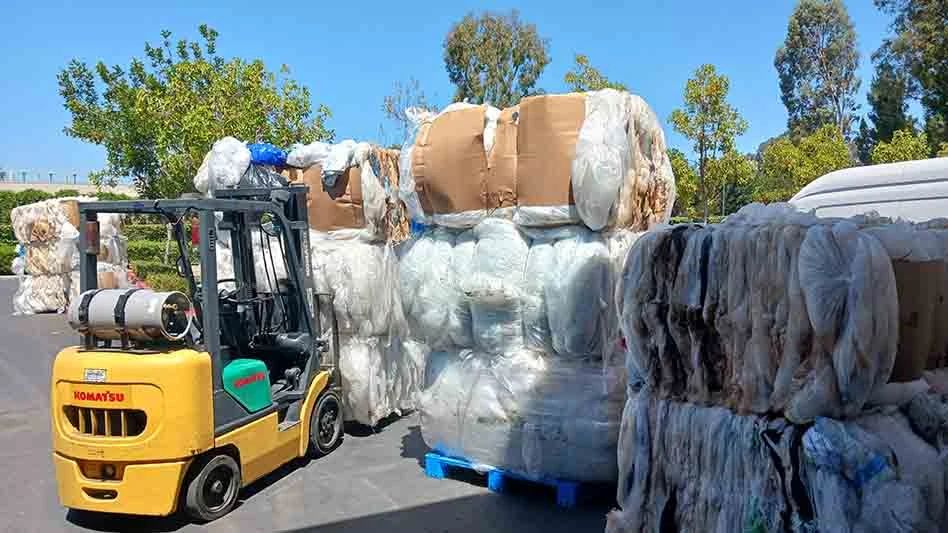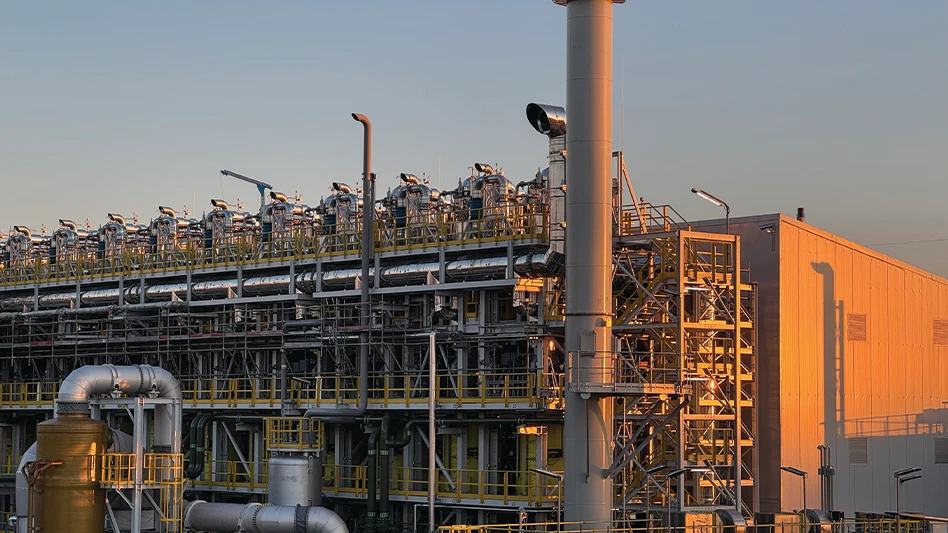The conventional wisdom is that China’s sizable manufacturing, automotive and demolition sectors are by now providing sufficient ferrous scrap for its steel industry. Some concern has been expressed that the nation is on its way to becoming a net exporter of the material.
The most recent batch of scrap import quotas issued by China’s central government shows a ferrous volume that barely registers in cross-border trade statistics.
Nonetheless, several steel-related trade associations and steel companies based in China are reportedly conferring to develop standards that will allow some ferrous scrap to be imported as a “resource” or raw material rather than as a waste. The difference is vital, since China’s government is attempting to ban all “waste” imports by the start of 2021.
According to a May 25 online report from Shanghai Metals Market (SMM), the dialog involves some “50 Chinese firms and institutions across the industry chain of steel scrap recycling, processing, utilization, trade and inspection,” who met in Tianjin, China, a few days earlier.
The associations involved reportedly include the China Association of Metal Scrap Utilization (CAMU) and the China Iron and Steel Association (CISA) while steelmakers include Baowu, Hebei Iron and Steel (HBUS), Jiangsu Shagang, Shandong Rizhao and at least one stainless steel producer.
The goal of the dialog will be to formulate standards on recycled iron and steel imports that “will reclassify high-quality ferrous scrap as recyclable materials that may be exempt from the upcoming ban on so-called ‘solid waste’ imports,” writes SMM.
Standards for acceptable or reclassified aluminum and copper scrap have been devised and are set to be put in place this July.
Even though Chinese producers imported just 28,600 metric tons of ferrous scrap in the second half of 2019—down by more than 81 percent from the first half of the year, according to SMM—the sector seems to have decided keeping the door open would be beneficial.
Get curated news on YOUR industry.
Enter your email to receive our newsletters.
Latest from Recycling Today
- Arizona AG says consumers were misled over recycling bags
- PRE warns European plastic recycling industry facing ‘imminent collapse’
- NWRA, Informa partner to launch Waste Leadership Summit
- Circular Action Alliance appoints new executive director in California
- Aduro reports fourth-quarter, FY25 results
- EverestLabs announces first international deployment
- Sunnyvale, California, awards contract to BHS
- Scrap Expo session preview: Technology Spotlight—Refining Recovered Metal





